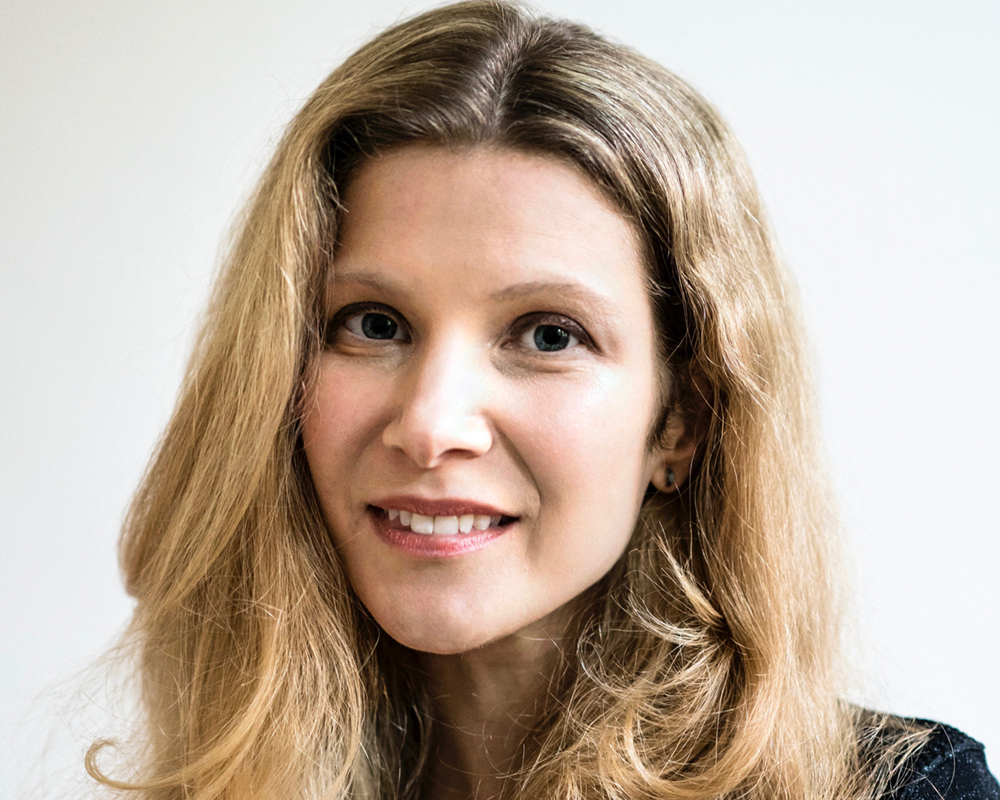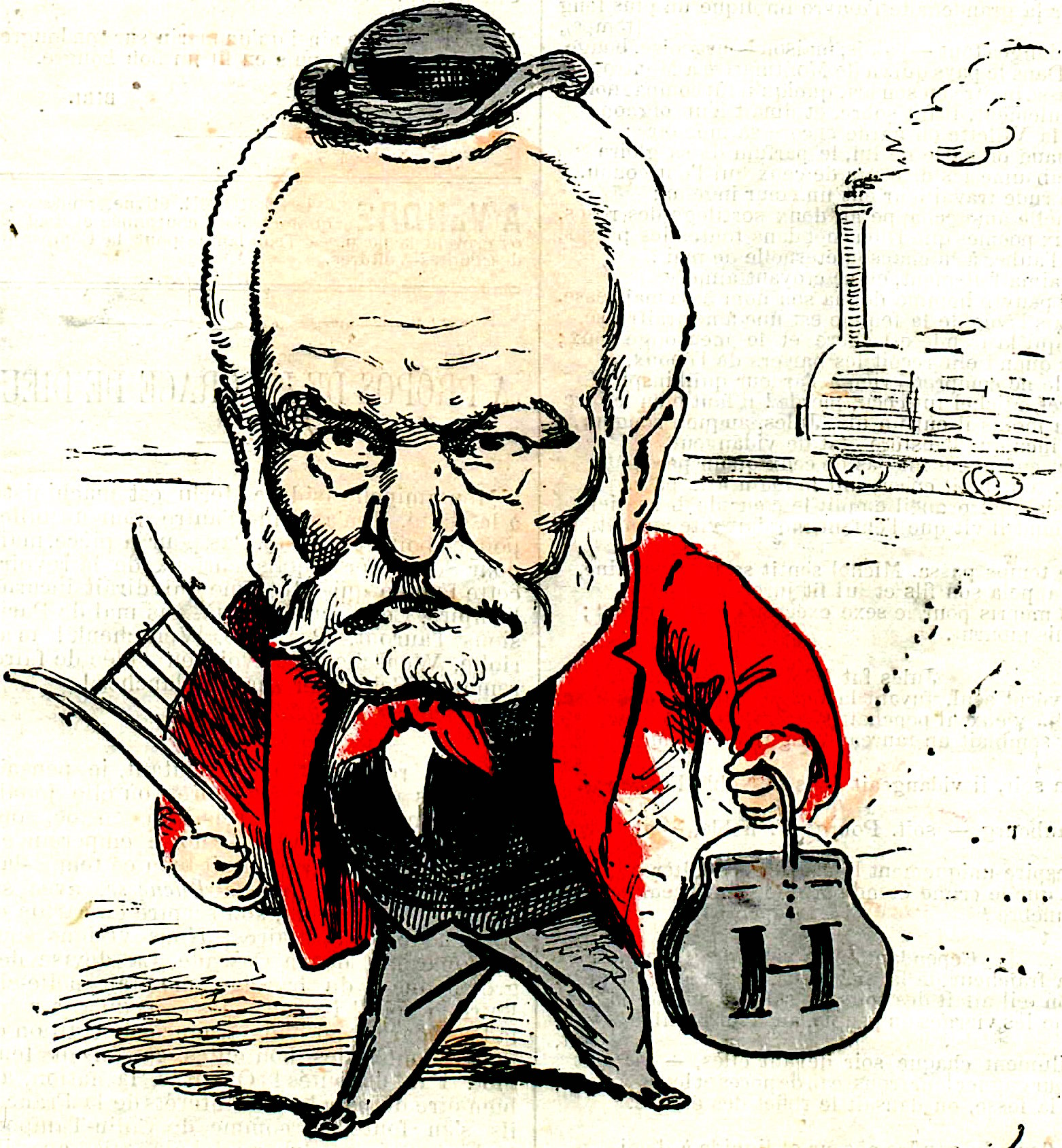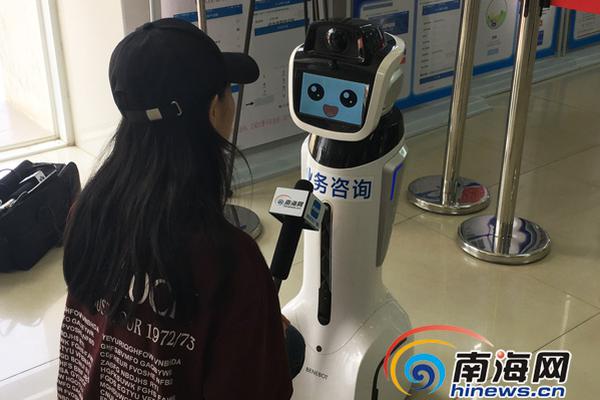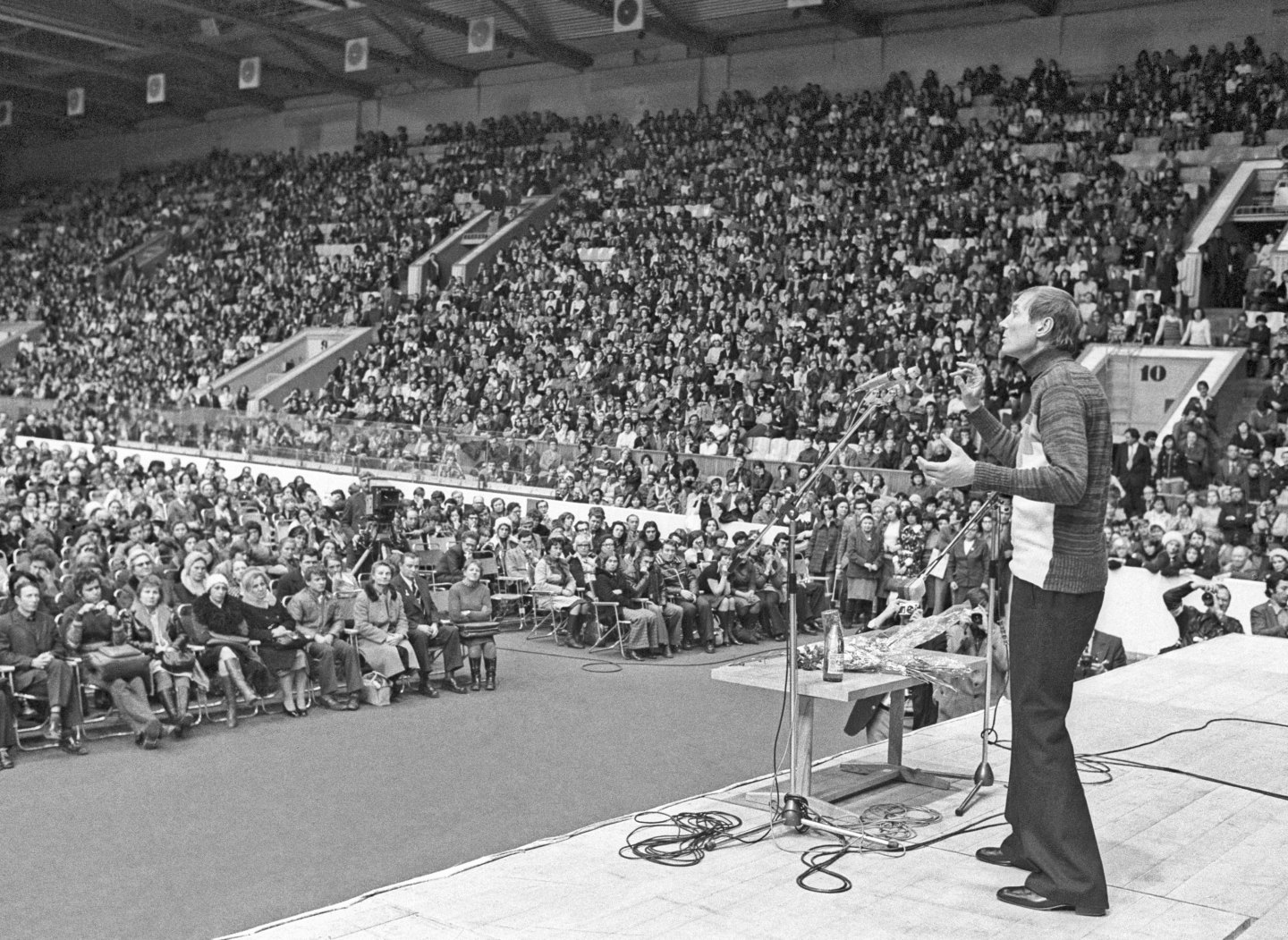Most surveys on Imaginary Sex With A Woman Who Does AnythingFacebook are pointless. This one might end up saving lives.
Facebook has partnered with researchers at Carnegie Mellon University to build a map meant to track symptoms and potentially predict coronavirus hot spots. Mark Zuckerberg announced the effort in a Washington Postop-ed, writing "We’re hopeful that this will help governments and public health officials around the world who might not otherwise have this kind of precise data to make decisions in the weeks and months ahead."
Here's how it works. Facebook has been showing a survey to users within the social network. Users can take this survey if they want to — it's entirely voluntary. They'll answer questions about whether they're experiencing symptoms associated with COVID-19, such as cough or fever.
That data then gets sent to the research team at Carnegie Mellon (not Facebook), which uses it to create population models of people experiencing symptoms. The idea is that symptoms are the "precursor" to hospital visits, so an uptick in symptoms in a particular area could help officials decide where to send health resources.
"The survey responses combined with other data such as medical claims and medical testing, will enable the CMU team to generate estimates of disease activity that are more reflective of reality than what is now available from positive coronavirus tests alone," an announcement of the project from Carnegie Mellon reads.
The project has resulted in a heat map of sorts, showing the percentage of the population, broken down by county, that's self-reporting coronavirus symptoms.
 The heatmap of symptoms in the U.S. shows "hotspots." Credit: screenshot: rachel kraus / mashable
The heatmap of symptoms in the U.S. shows "hotspots." Credit: screenshot: rachel kraus / mashable Researchers are encouraged by the results. After its initial survey of 1 million people, symptom reports "correlate" with testing data. The fact that the number of self-reported symptoms are proportional to official test numbers is what makes the researchers think the survey is accurate and useful.The University of Maryland is also partnering with Facebook and CMU to expand the survey, and Google is contributing some data, too, through a survey served to its users.
Facebook has already launched a coronavirus information hub, and has a "data for good" portal that gives researchers access to population data. Previously, Facebook refuted reports that it was helping the government by providing location data to assist contact tracing.
This mantle was taken up by Google and Apple, who are collaborating on Bluetooth-based contact tracing programs. With the recent scrutiny of privacy in Big Tech, these companies have to walk the line between providing useful information and not infringing on people's privacy.
Topics Facebook Health COVID-19
(Editor: {typename type="name"/})
 Standout gifts for the most practical person in your life
Standout gifts for the most practical person in your life
 Origin Story: The Myth of Little John
Origin Story: The Myth of Little John
 How to watch LSU vs. UF Gators football without cable: kickoff time, streaming deals, and more
How to watch LSU vs. UF Gators football without cable: kickoff time, streaming deals, and more
 How CPUs are Designed and Built
How CPUs are Designed and Built
Seattle Sounders vs. PSG 2025 livestream: Watch Club World Cup for free
 TL;DR:Live stream Seattle Sounders vs. PSG in the 2025 Club World Cup for free on DAZN. Access this
...[Details]
TL;DR:Live stream Seattle Sounders vs. PSG in the 2025 Club World Cup for free on DAZN. Access this
...[Details]
Best deals of the day Nov. 10: Gourmia air fryer, Samsung Galaxy Book, 2022 iPad Pro, and more
 Check out the best deals from everyone's favorite big box retailers on Nov. 10:BEST HOME DEAL: Gourm
...[Details]
Check out the best deals from everyone's favorite big box retailers on Nov. 10:BEST HOME DEAL: Gourm
...[Details]
Whiting Awards 2017: Lisa Halliday, Fiction
 Lisa Halliday, FictionBy Whiting HonoreesMarch 22, 2017Whiting Awards 2017Lisa Halliday. Photo by Vi
...[Details]
Lisa Halliday, FictionBy Whiting HonoreesMarch 22, 2017Whiting Awards 2017Lisa Halliday. Photo by Vi
...[Details]
How to watch UGA vs. Ole Miss football without cable: kickoff time, streaming deals, and more
 Wondering how to watch college football this season? Here are your best options: Most
...[Details]
Wondering how to watch college football this season? Here are your best options: Most
...[Details]
The Real Nvidia GPU Lineup: GeForce RTX 5060 is Actually a Mediocre 5050
 Nvidia's latest generation of graphics cards might look familiar on the surface, but dig into the sp
...[Details]
Nvidia's latest generation of graphics cards might look familiar on the surface, but dig into the sp
...[Details]
How to watch FSU vs. Miami football without cable: kickoff time, streaming deals, and more
 Wondering how to watch college football this season? Here are your best options: Most
...[Details]
Wondering how to watch college football this season? Here are your best options: Most
...[Details]
'Grand Theft Auto 6' trailer reveal set for December
 It's been nearly a decade of rumors, leaks, and speculation about the next Grand Theft Autogame. In
...[Details]
It's been nearly a decade of rumors, leaks, and speculation about the next Grand Theft Autogame. In
...[Details]
How ‘Les Misérables’ Was the Biggest Deal in Book History
 Hugo, Inc.By Nina MartyrisMarch 23, 2017Arts & CultureLes Misérableswas born of one of the riski
...[Details]
Hugo, Inc.By Nina MartyrisMarch 23, 2017Arts & CultureLes Misérableswas born of one of the riski
...[Details]
NYT Connections Sports Edition hints and answers for June 22: Tips to solve Connections #272
 Connections: Sports Editionis a new version of the popular New York Times word game that seeks to te
...[Details]
Connections: Sports Editionis a new version of the popular New York Times word game that seeks to te
...[Details]
Yevgeny Yevtushenko, “Olympic Champion of Poetry”
 Sometimes Poets Are Successful, and Other NewsBy Dan PiepenbringApril 3, 2017On the ShelfYevtushenko
...[Details]
Sometimes Poets Are Successful, and Other NewsBy Dan PiepenbringApril 3, 2017On the ShelfYevtushenko
...[Details]
Mexico vs. Costa Rica 2025 livestream: Watch Concacaf Gold Cup for free

Walmart Black Friday Deals event: Get a Dyson V12 for under $400

接受PR>=1、BR>=1,流量相当,内容相关类链接。